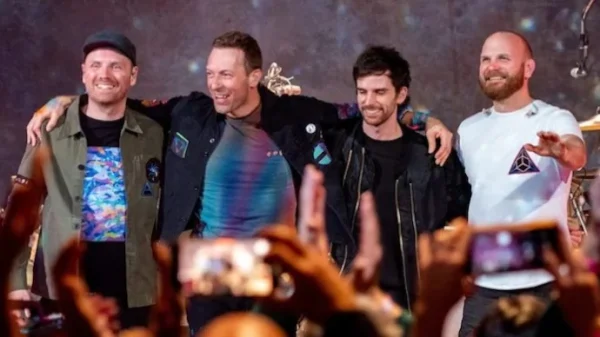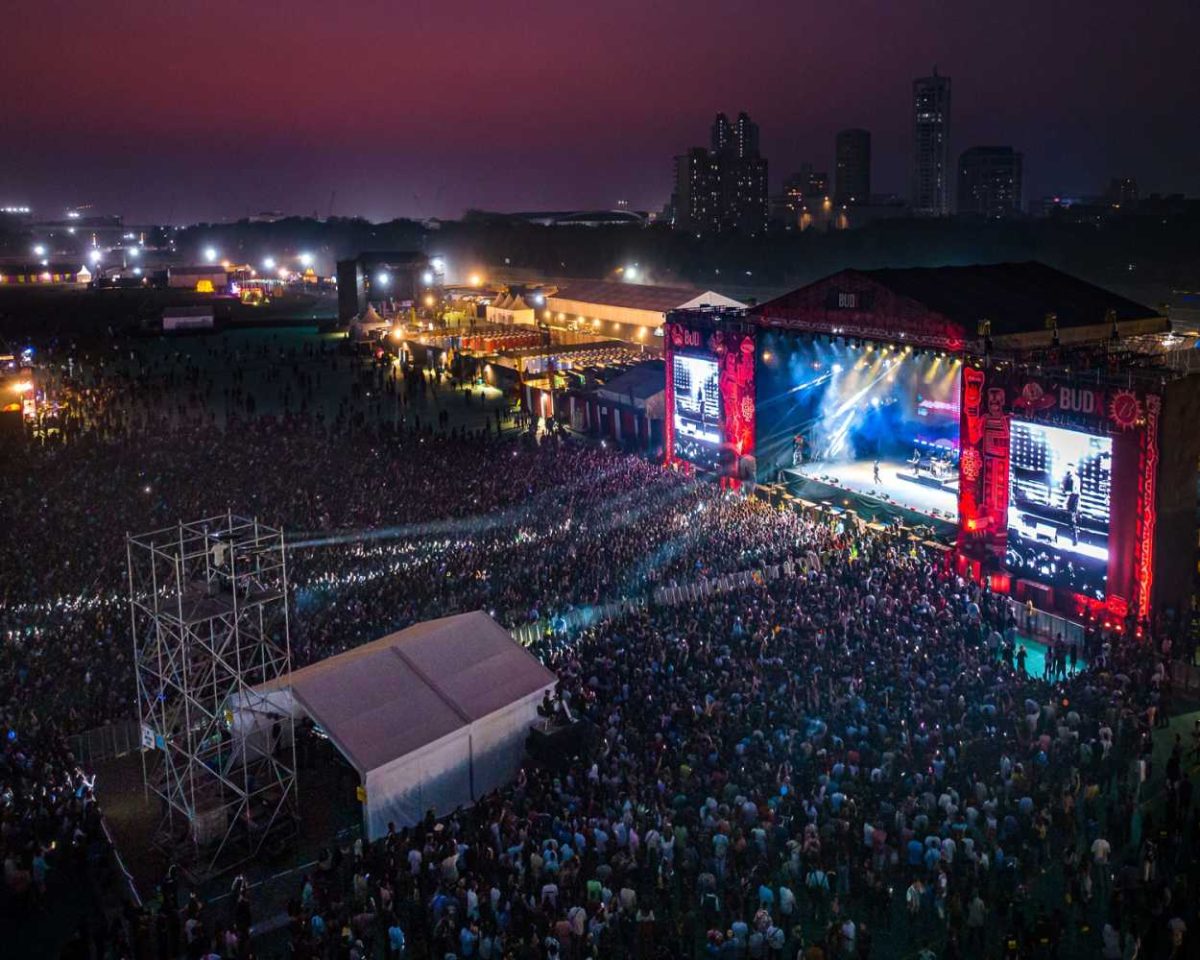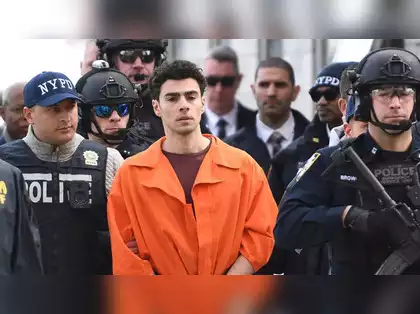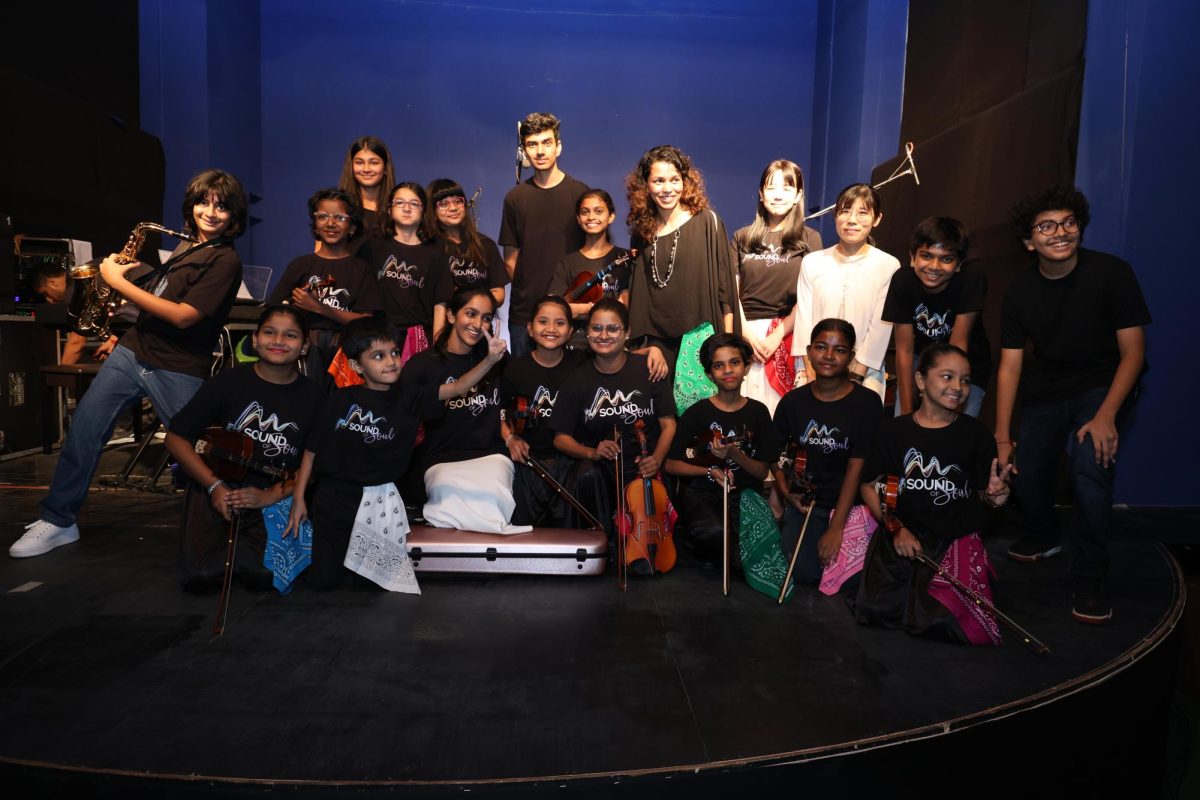“Is it live yet?”,
“I have BookMyShow open on 10 laptops, 3 phones, an apple watch, my neighbours TV, and a Samsung refrigerator”,
“Bhai, mere aage das lakh log hain!”
These were some of the most common phrases that could be heard at 12:00 PM last Sunday, the 22nd of September. For Coldplay fans in India, this was their only chance to see Chris Martin and Co. live after their previous visit in 2016.
However, where many families saw the opportunity to go to their favorite band, black market resellers saw the opportunity for cold hard cash. With Rs. 6400 tickets now going for upward of Rs. 4 lakhs on platforms like Viagogo, it’s safe to say that the situation may have gotten a bit out of hand. I spoke to Mr. Piyush, one of our IBDP economics teachers, to understand the situation better. He explains that in an event where there is a fixed amount of supply (limited seats), their prices are decided only by the demand of consumers. In this case, supply is said to be inelastic (doesn’t change based on price), while demand is variable. Ticket resellers can abuse this fact to hike prices: what are you gonna do, not watch Coldplay? This process is known as “scalping” and is quite common with commodities like limited edition sneakers, IPL tickets, and even premium houses.
BookMyShow (BMS), the main ticket vendor here, is largely at fault. Be it the website crashing repeatedly, allegations of tickets being leaked, or even being rolled at random, it’s clear this was not well planned. BMS recently put out a statement on third party resellers, saying “These tickets are invalid. Avoid scams!” Quite a few believe that their platform was the scam, but never mind. So, what could BMS have done to ensure tickets were given out fairly?

Last week, lawyer Amit Vyas of Vertices Partners registered an FIR with Mumbai Police, alleging that BMS had manipulated access to the platform to allow bots to flood in and buy more tickets. I emailed Mr. Vyas for more information, who told me: “An impartial investigation and finding out who are the real culprits behind the tickets being available in black market within minutes of the sale would be beneficial for all consumers of live concerts.”
He explained further: “As for steps that BookMyShow could have taken (assuming they are not involved), if you look at the website of the IRCTC [Indian Railway Catering and Tourism Corporation], they employ basic inbuilt mechanisms like usernames, passwords, and an alpha numeric captcha (which only humans can read) to be filled in, so that ticket bots cannot be used to book these tickets before genuine fans. The use of digital fingerprinting, blockchain, good firewall systems and servers are some of the steps that could have been taken.”
Ticket scalping, while not technically illegal in India, is banned in these sorts of scenarios because it constitutes tax evasion–items being sold without proper documentation. Part of the reason this hurts more for Coldplay than other artists is because of the steps they have taken to make their shows accessible. On the 22nd of November, a select amount of “Infinity” tickets will be released for Rs. 2000, with the aim of allowing a wider audience to see them live. Yet, we wait in not-so-quiet anticipation for an army of scammers and bots to put the same tickets up for more than the average yearly Indian income.
The other solution that was suggested (only half jokingly), would have been to adopt another classic Indian system where lakhs compete for thousands: meritocratic testing. Like the JEE accepts only 0.5% of its applicants for admission to the IITs, a rapid-fire test could have instantly determined how many Coldplay songs the buyer knew. Don’t know who Chris Martin is? Don’t get tickets. This may have helped counteract the effects of the hype. Go up to any MYP/DP Ascend student and ask them if they got tickets to see Coldplay. Either they’ll give you a morose “no”, or they’ll dance and flex their tickets in your face. 9th grader Ira Gandhi says: “The hype on social media was insane, to the extent that getting tickets stopped being about the band itself but rather the ‘experience’. After I found out about the concert, it was like my Instagram found out too because the algorithm was feeding me so much Coldplay content it was overwhelming.“‘
Were there steps that BMS should have taken to prevent these scams? As Mr. Vyas explained, there were many. But for now, is there anything you, the unhappy consumer, can do to guarantee Coldplay tickets on Nov. 22? Probably not. When asked about what message Coldplay should direct to BMS, Mr. Piyush had this to say: “No matter how hard they try, they can’t fix you. All they can do is dream of paradise.”














